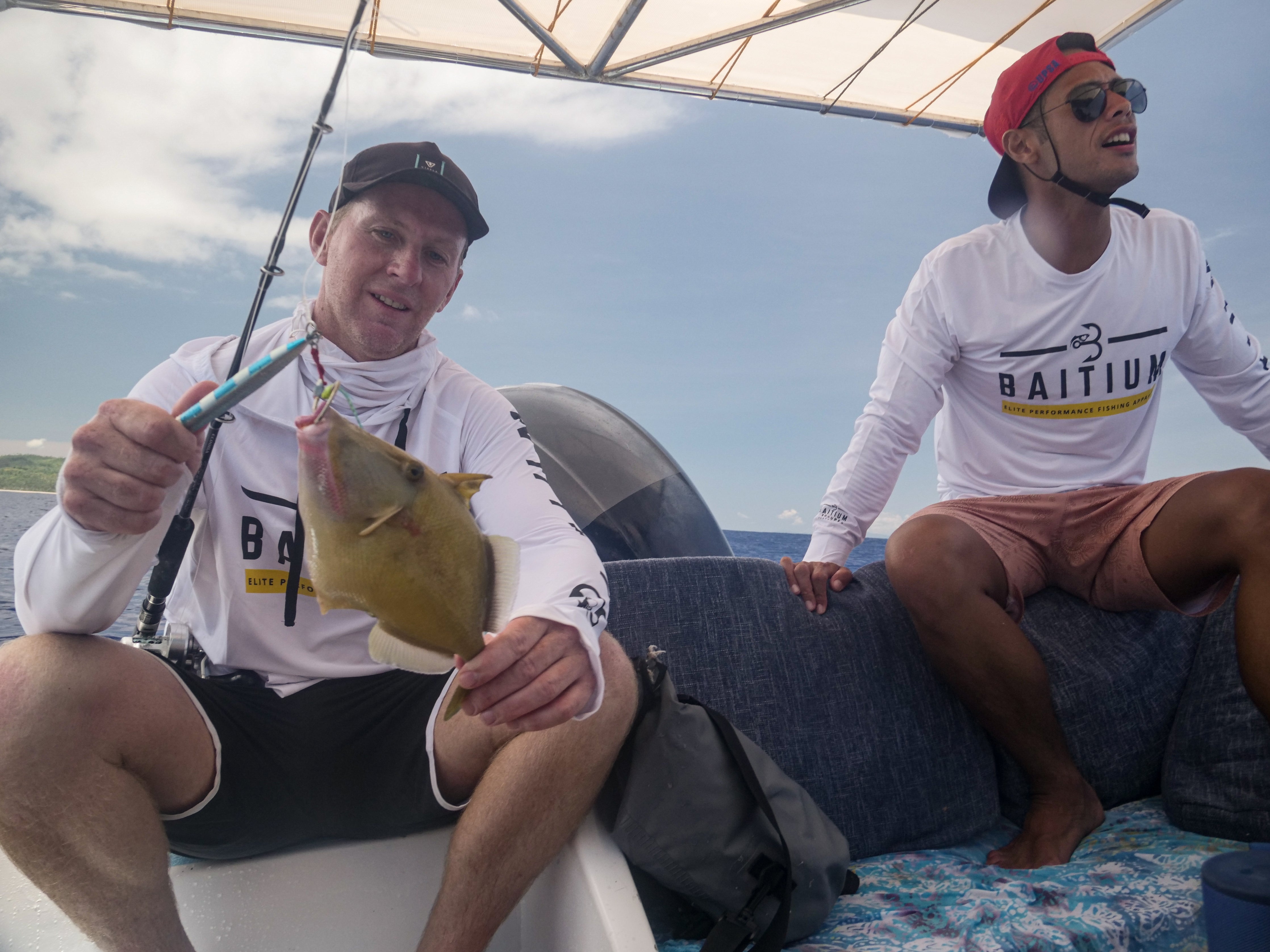Table of Contents
Where do fish go when lakes freeze over? At some point, we’ve all had this question pop in our heads. While the answer is quite simple, it’s interesting to know the science behind it, as we can use them to our advantage as anglers during winter season.
What happens to fish
Fish end up needing less food and oxygen when lakes freeze because their metabolism slows down. This makes them a bit more sluggish and inactive—easier for predators to catch. They also have difficulties breathing due to cold water potentially damaging their gills.
The cold also impacts their population. Not only does ice affect aquatic plants’ growth by blocking out sunlight, it also gives young fish less open water to spawn in. Many fish rely on these plants, and they naturally need to maintain their population to survive as a species.
How fish survive
On the bright side, their being cold-blooded gives them a strong fighting chance in freezing lakes. It helps them adapt to changes in their environment, specifically temperature, and allows them to survive in such temperatures for long periods of time. Of course, there’s a limit to how long they can survive. If lakes freeze over completely for far too long, fish could die.
It’s also important to note that while water’s surface freezes solid, water under it doesn’t necessarily freeze completely. Therefore, fish can simply swim deeper and find temperatures that best suit them. These deeper areas also have higher oxygen content, helping fish breathe.
Of course, these answers are very much general. Survival tactics may differ from one fish specie to another. Take Me Fishing provides some examples: baitfish swim into “vegetative cover” to hide and find food, while brown bullhead catfish bury themselves in mud until temperatures rise.
Now that you know how fish survive in frozen waters, it’s time to learn how to fish during winter! Check out this blog article for more.
MOST READ NEWS:
How To Use Your Fishing Records to Catch More Fish
Track your fishing trips, analyze patterns, and refine your techniques with a fishing log to catch more fish on every outing!
Solo Fishing Safety Tips: Stay Safe and Enjoy the Outdoors
Learn essential solo fishing safety tips: gear checklist, boat safety, emergency preparedness, weather monitoring & fishing location scouting. Stay safe on the water.
Secrets to Winter Fly Fishing Success
Master winter fly fishing with expert tips on trout behavior, essential gear, and proven techniques. Learn the secrets to catching more fish in cold weather.
How Cold Water Changes Fish Behavior: Insights for Anglers
Explore how cold water affects fish behavior and fishing techniques, enhancing your angling success and strategy.
Is Tech Making Fishing Too Easy? Exploring Forward-Facing Sonar (FFS)
Learn about forward facing sonar in fishing - what it is, how it works, rules for tournaments, ethics, and tips for finding fish with this game-changing technology.
Plan Your Best Fishing Trip Yet this 2025: A Complete Guide
Plan your fishing trip this off-season. Learn to choose destinations, prep gear, pick bait, and trust Baitium for expert tools and tips!
15 Fishing Resolutions for 2025: Set Yourself Up for Success
Discover 15 essential fishing resolutions for 2025: tackle organization, gear maintenance, angling techniques, conservation tips, tournament prep, and fishing safety guidelines.


